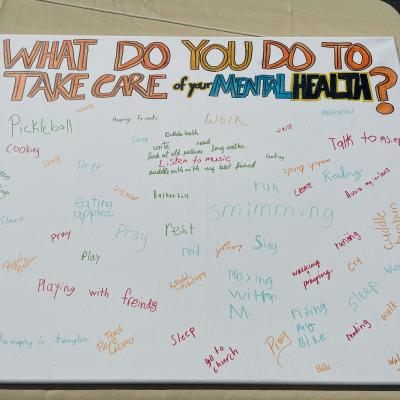Children in Institutional Settings and Foster Care Show Changes in Cortical Development
Study Summary
This study used longitudinal data to examine whether there is a causal link between early adversity and neural development in humans. The study found that psychosocial deprivation in early childhood is linked to changes in cortical development from childhood to adolescence. Individuals in foster care were most pronounced. The researcher highlights "the absence of an invested caregiver deprives children of the back-and-forth interactions that facilitate the regulation of arousal and distress and limits opportunities for early learning that are critical for developing typical neural architecture".
Study Citation
Sheridan, M. A., Mukerji, C. E., Wade, M., Humphreys, K. L., Garrisi, K., Goel, S., Patel, K., Fox, N. A., Zeanah, C. H., Nelson, C. A., & Mclaughlin, K. A. (2022). Early deprivation alters structural brain development from middle childhood to adolescence. Science Advances, 8(40). DOI: 10.1126/sciadv.abn4316








